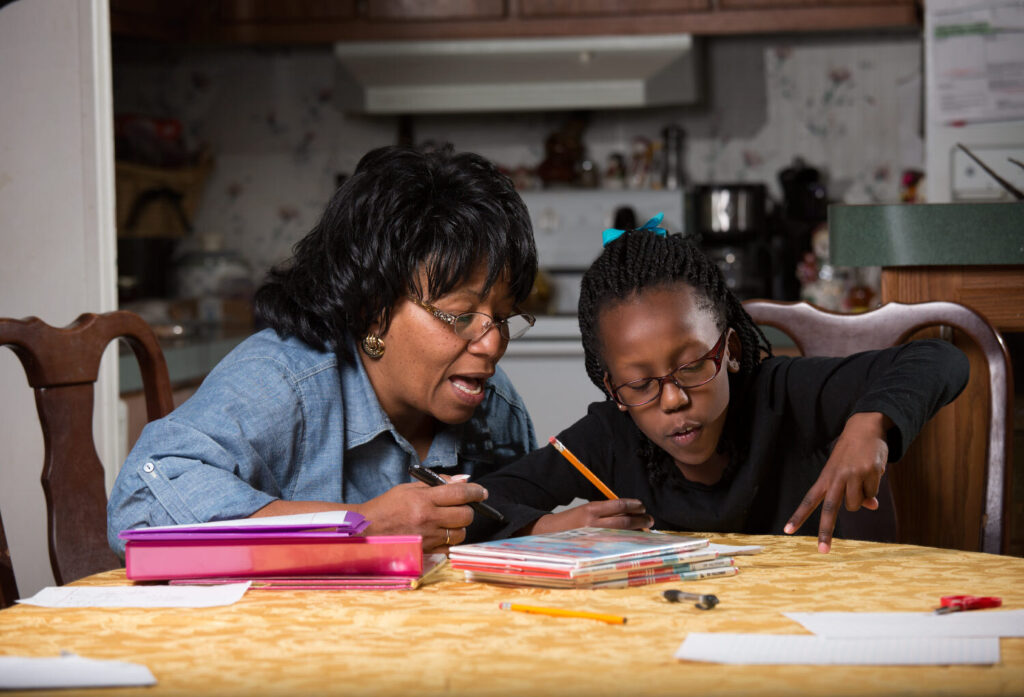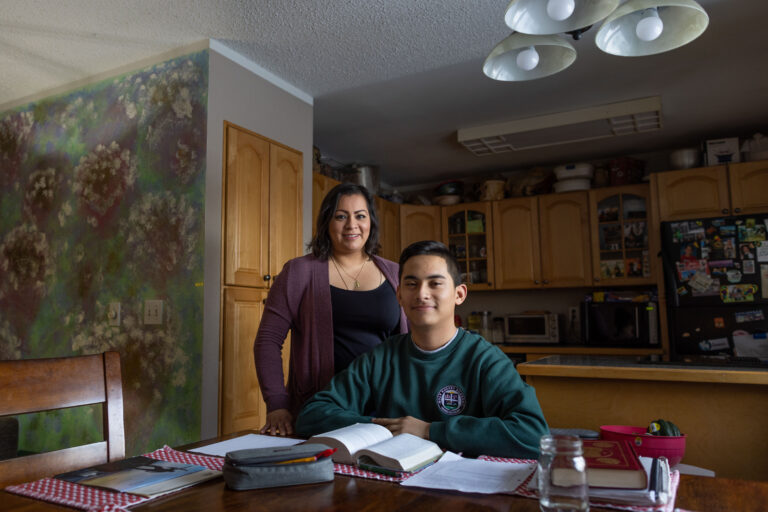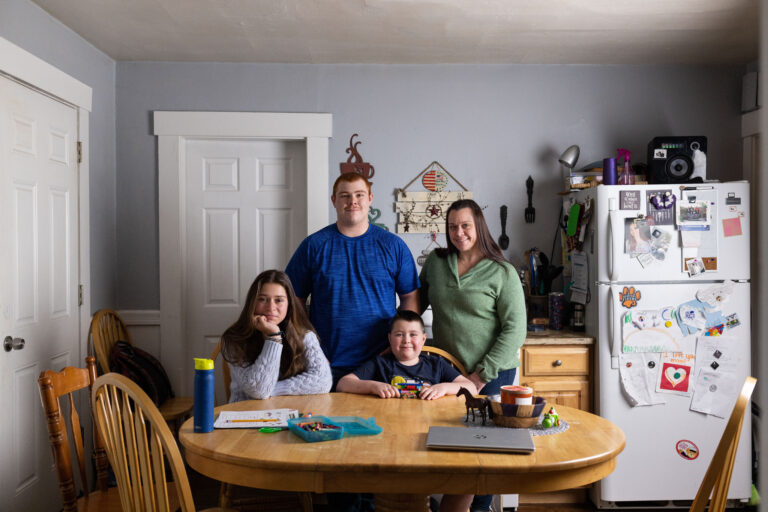Partnership for Educational Choice
Protecting Parents’ Rights to Choose Their Children’s Education.
A strategic alliance empowering families’ rights to educational choice.
Our Cases
The Partnership for Educational Choice actively engages in strategic litigation to defend educational choice programs and the desperately needed opportunity they provide. The litigation engaged in by this alliance seeks to defend the rights of parents to choose the best educational options for their children.

At its heart, educational choice is simply the idea that all parents, regardless of means, should enjoy the freedom to choose where and how their children are educated.
School Choice FAQ
Frequently Asked Questions About School Choice








